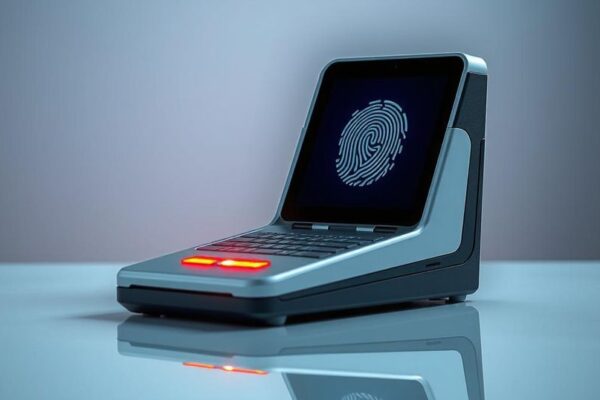
HID Rapid ID: Enhancing Police Operations with Fingerprint Verification
HID Rapid ID provides a three-step fingerprint verification tool for police, enhancing operational efficiency and safety. The Nomad 30 Pocket Reader allows for easy fingerprint capture, even in challenging conditions. The system ensures instant results by cross-checking against databases, contributing to improved public safety and order. HID Rapid ID has introduced a streamlined three-step fingerprint…









